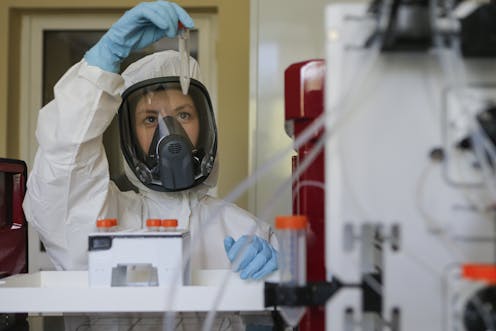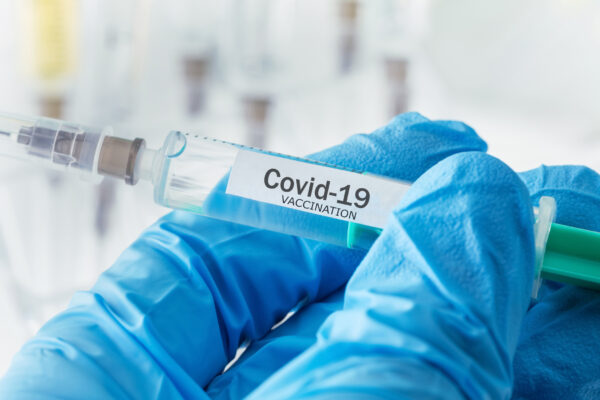American Pharma giant Pfizer and BioNtech announced the successful completion of Phase 3 of their COVID-19 Vaccine on Monday (9 November). The trial started way back in June, and now finally after months of rigorous testing on 43,538 participants vaccine was found to be more than 90% effective in preventing COVID-19 in subjects. It was speculated earlier that any vaccine would only be 60-70% effective but, Pfizer has released comments on their test data which shows efficacy rate above 90%, at 7 days after the second dose. This implies that stability is achieved 28 days after the inception of the vaccination, which consists of a 2-dose schedule.
UPDATE: We are proud to announce, along with @BioNTech_Group, that our mRNA-based #vaccine candidate has, at an interim analysis, demonstrated initial evidence of efficacy against #COVID19 in participants without prior evidence of SARS-CoV-2 infection.
— Pfizer Inc. (@pfizer) November 9, 2020
Phase 3 of Pfizer’s Covid 19 vaccine concludes
Dr Albert Bourla, Pfizer Chairman and CEO acknowledged everyone involved in the lengthy process and said: “I want to thank the thousands of people who volunteered to participate in the clinical trial, our academic collaborators and investigators at the study sites, and our colleagues and collaborators around the world who are dedicating their time to this crucial endeavour”.
He further added, “We could not have come this far without the tremendous commitment of everyone involved.”

Pfizer plans to produce 50 million doses by the end of this year and 1.3 billion doses by the end of 2021. The clinical trial is expected to continue through to a final analysis at 164 confirmed cases to accumulate additional data.
The success of Pfizer’s trial comes as a relief when COVID-19 cases have surged pass 50 million figure with more than a million deaths. Pfizer has signed agreements with the USA and European Union for more than 100 million doses for a whopping 1.95 billion dollars.
The vaccine will have to cleared first by US food and Drug Administration before it can be rolled out for the general populace.
Distribution is expected to be an intricate process as the vaccine requires very cold temperatures (minus 94 degrees F) for prolonged storage. Although Pfizer has plans to use its distribution partner, McKesson as opposed to asking for the US government’s help.

Need for caution?
The excitement and rush for an effective COVID-19 vaccine is a vulnerable road nonetheless, this may expose people to avoidable hazards and dangers related.
Vaccines are known to sometimes worsen the severity of the infection, a concept known as antibody-dependent enhancement (ADE). This was seen in earlier trials to develop COVID vaccine. We witnessed a similar reaction in 2016 when dengue vaccine Dengavxia resulted in children being hospitalized.
It is without a doubt that the pandemic must end as soon as possible but one must tread carefully because there always potential lives at risk when we rush for a cure.
Will India get its COVID Vaccine in time?
India could receive the above-mentioned vaccine from Pfizer or BioNext or in the form of a partnership with an Indian pharmaceutical company after authorization from the Central Drug Control Organization. Meanwhile, Bharat Biotech, Zydus Cadila, Dr Reddy’s Laboratories and Serum Institute of India are testing 5 possible candidate vaccines.
The second wave of COVID-19 cases in India has been speculated as cases soar in the country’s capital. Delhi reported more than 7000 cases in the last 24 hours. It is projected that Delhi might register more than 15000 cases per day in winters. Bad air quality in winter could have a prominent impact on health. Experts widely believe that those with co-morbidities are at a higher risk as the virus is known to affect the respiratory system.
Until now India has registered more than 8 million confirmed COVID-19 cases, as well as more than a million deaths. A complete of 79,17,373 people have recovered from COVID-19 thus far. There are 5,09,673 active cases in the country as of date, which constitutes 5.96 % of the whole caseload
Read, Twindemic: How Frightful Can Be The Second Wave Of Coronavirus Pandemic In India?












